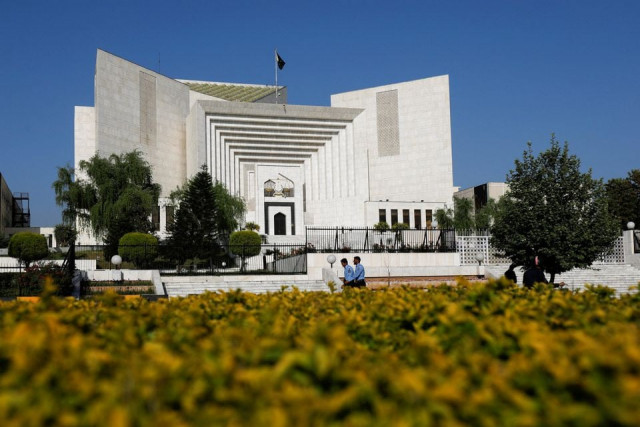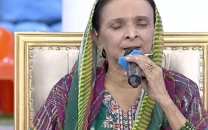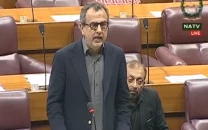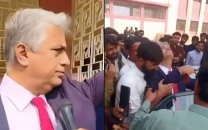Courts 'must prioritise child's interests'
SC states Article 25A mandates free, compulsory education for kids

The Supreme Court has directed that courts must adopt a child justice and child-centered approach that prioritizes the best interests of the child.
As per the SC judgement, courts must approach cases involving children with a dedicated child justice approach rooted in a legal and moral obligation to protect, nurture and rehabilitate children, ensuring their rights and well-being within the justice system. Child justice encompasses both children in conflict with the law, who require rehabilitative interventions rather than punitive measures, and children in contact with the law, who must be safeguarded and supported throughout judicial processes.
As custodians of justice, courts must adopt a child justice approach that prioritizes the best interests of the child, recognizing their vulnerabilities, developmental needs and potential. This approach demands sensitivity to their circumstances, ensuring access to education, shielding them from exploitation and fostering an environment conducive to their growth and reintegration into society, stated the SC judgement.
"By adhering to these principles, the judiciary not only fulfills its legal obligations but also demonstrates judicial sensitivity towards children, contributing to a just and compassionate society," read five pages written judgement authored by Justice Syed Mansoor Ali Shah while hearing a matter related to the maintenance of a child.
A division bench of the apex court comprising Justice Shah and Justice Ayesha Malik heard the matter.
The judgement noted the constitution provides a robust framework for child justice. Article 25(3) empowers the state to enact special provisions for the protection of children, including measures that may favourably differentiate them from adults.
"Article 25A mandates free and compulsory education for children aged 5 to 16 years. Article 35 obliges the state to protect children, while Article 37(e) ensures just and humane working conditions, explicitly prohibiting the employment of children in vocations unsuitable to their age or sex. This constitutional framework underscores child justice, prioritizing the well-being, rehabilitation, and reintegration of children into society, while addressing their unique rights and vulnerabilities within judicial processes," the SC judgement maintained.
Justice Shah also mentioned as a signatory to the United Nations Convention on the Rights of the Child (UNCRC) in 1989, Pakistan is under an international obligation to take special measures to protect and rehabilitate children who come into conflict with the law.
"The UNCRC provides a framework for child justice systems globally, emphasizing dignity, rehabilitation, and reintegration. Pakistan's constitutional mandate, combined with its international obligations, has catalyzed the establishment of a child justice system in the country."



















COMMENTS
Comments are moderated and generally will be posted if they are on-topic and not abusive.
For more information, please see our Comments FAQ